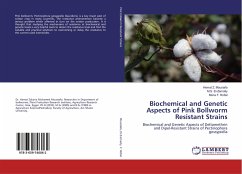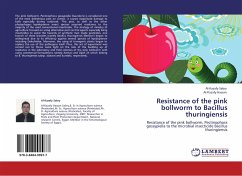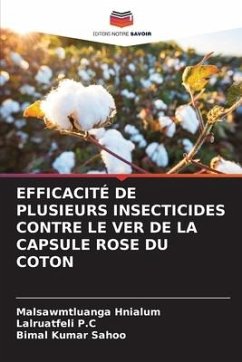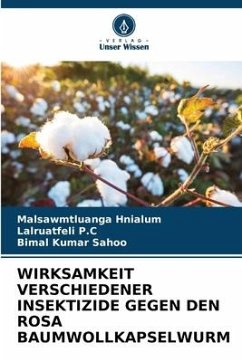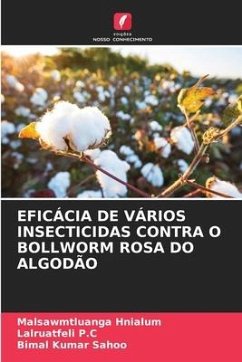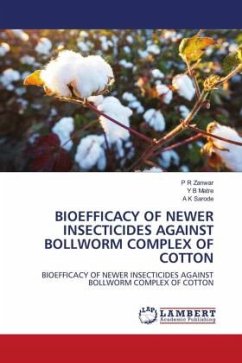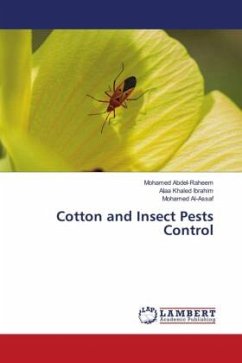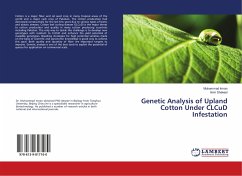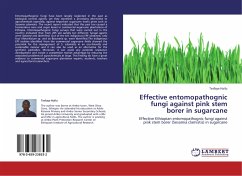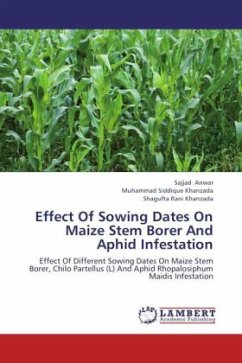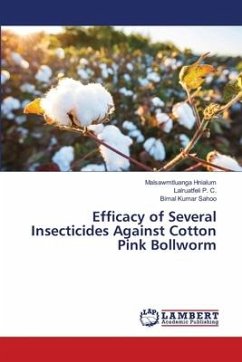
Efficacy of Several Insecticides Against Cotton Pink Bollworm
Versandkostenfrei!
Versandfertig in 6-10 Tagen
40,99 €
inkl. MwSt.

PAYBACK Punkte
20 °P sammeln!
With the recent increase in cotton pink bollworm infestation and the banning of several common insecticides by the Indian government, including some commonly used for managing pink bollworm, which is a major threat to cotton crops in India. In response, a study was conducted to find suitable alternatives that are comparable or more effective than the soon-to-be-banned insecticides. The study evaluated nine insecticides for their ovicidal properties against pink bollworm, using laboratory and field experiments. The results showed that Profenofos 50 EC was the most effective insecticide in reduc...
With the recent increase in cotton pink bollworm infestation and the banning of several common insecticides by the Indian government, including some commonly used for managing pink bollworm, which is a major threat to cotton crops in India. In response, a study was conducted to find suitable alternatives that are comparable or more effective than the soon-to-be-banned insecticides. The study evaluated nine insecticides for their ovicidal properties against pink bollworm, using laboratory and field experiments. The results showed that Profenofos 50 EC was the most effective insecticide in reducing the hatching percentage of fresh eggs, and cypermethrin 50 EC was the most effective against three-day-old eggs. Spinodad 45 SC, Emamectin benzoate 5 SG, and Cypermethrin 25 EC were the most effective insecticides in reducing boll infestation and locule damage in field conditions after the first spray. Emamectin benzoate 5 SG and spinosad 45 SC were also the most effective in terms of mortality after the first spray. The study concludes that these insecticides could be suitable alternatives for managing pink bollworm in cotton crops.





